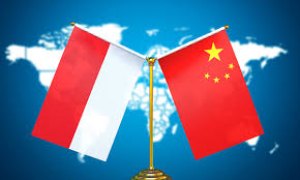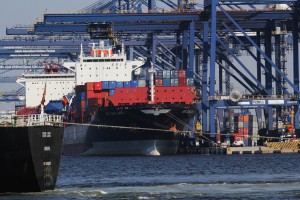Prabowo announces planned expansion of oil palm plantations amidst growing demand
President Prabowo Subianto has revealed plan to expand oil palm plantations in Indonesia in an effort to meet demands of palm oil export that continuously increase annually.
The president cited that many countries needed palm oil for many commodities, such as for chocolate and even cosmetics production. Palm oil is also a strategic commodity in a number of countries.
"(When) I travel abroad, I feel that many countries are hopeful toward Indonesia, especially those who need our palm oil," President Prabowo said on Monday, December 30, 2024.
He gave special instructions to governors across the archipelago to expand oil palm plantations in their respective regions.
"Our oil palm plantations are national assets, and I think in the future we have to expand our oil palm plantations," Prabowo said.
In addition to the expansion, President Prabowo also ordered law enforcement institutions, such as the Indonesian Military (TNI) and the National Police (Polri), to strengthen the security of existing oil palm plantations.
The president also explains that palm oil has many positive sides, one of which is the absorption of carbon dioxide (CO2).
"They say it is threatening the environment, leading to deforestation. Oil palm is a tree, right," he said.
The Ministry of Agriculture notes that the size of the country’s oil palm plantation area was recorded at 16.8 million hectares (Ha) in 2023. The plantation area had increased 6 million Ha, or a 56.6 percent increase from 2014.
The ministry said 50 percent of oil palm plantations in Indonesia are mostly privately-owned large plantations with an area of 8.4 million Ha. Meanwhile, 37 percent or 6.3 million Ha of palm oil plantations are societies-owned.
Spatially, the largest oil palm plantations are located in Riau with an area of 3.49 million Ha or 20.8 percent of the total national oil palm plantation.
Other provinces with large oil palm plantations are Central Kalimantan with a total land of 2.04 million Ha, North Sumatra 2.02 million Ha, and West Kalimantan 1.83 million Ha.
Already have an account? Sign In
-
Start reading
Freemium
-
Monthly Subscription
30% OFF$26.03
$37.19/MonthCancel anytime
This offer is open to all new subscribers!
Subscribe now -
Yearly Subscription
33% OFF$228.13
$340.5/YearCancel anytime
This offer is open to all new subscribers!
Subscribe now






